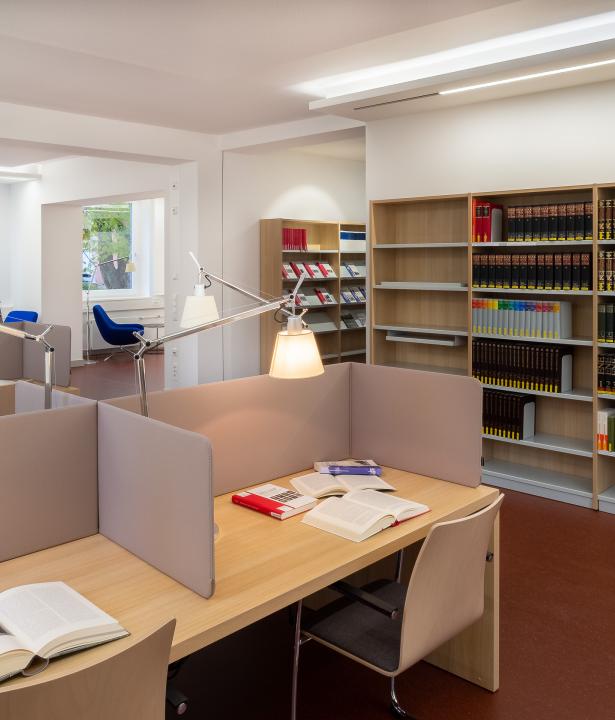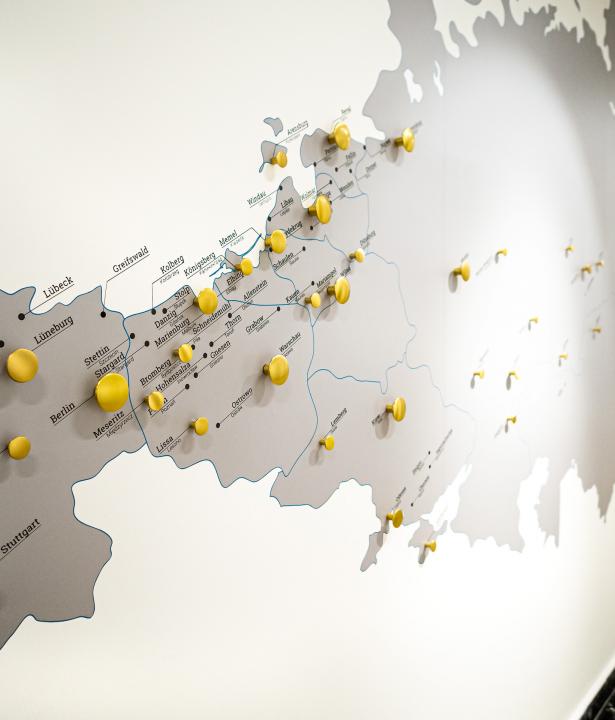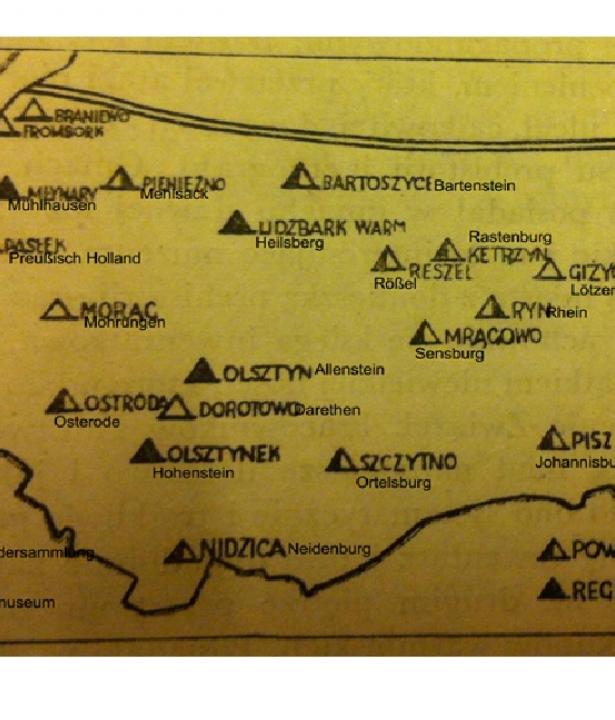The research of the Nordost-Institut centers around the history and culture of the countries from Poland to Russia. The focus is on the manifold interconnections of these regions with German history. Therefore, questions of relationship and regional history are pursued as well as aspects of minority history, cultural history and historiographical history.
Text
The Nordost-Institut / Institut für Kultur und Geschichte der Deutschen in Nordosteuropa e.V. (IKGN e.V.) began its work in 2002. Its foundation was part of the implementation of the "Concept for Research and Presentation of German Culture and History in Eastern Europe", which was adopted by the Federal Government in September 2000. The Institute receives institutional funding from the Federal Government Commissioner for Culture and the Media (BKM); individual projects are financed by third-party funds. The statutes of the IKGN e.V. form its legal and organizational basis, which is guaranteed by the work of its committees.
As a research institution, the Nordost-Institut works on the basis of a cooperation agreement (An-Institut), primarily with the University of Hamburg, but also with other universities. The institute conducts research projects and conferences, initiates and supervises scientific publications and publishes the annual "Nordost-Archiv. Zeitschrift für Regionalgeschichte" in its own publishing house as well as the publication series "Veröffentlichungen des Nordost-Instituts" in the Harrassowitz Verlag in Wiesbaden. The "Nordost-Bibliothek" provides scientific literature on the history and present of Northeast Europe as a special collection.
The regional focus of research is on the historical Prussian provinces (East and West Prussia, Pomerania, Poznan) as well as Poland, Estonia, Latvia and Lithuania, and finally Russia, the Soviet Union and its successor states. Of the four research areas at the Institute, three have a regional focus: Baltic States (David Feest, Detlef Henning, Joachim Tauber), Poland (Agnieszka Pufelska, Katrin Steffen), Russia/Ukraine (Victor Dönninghaus, Dmytro Myeshkov) and comparative social and mental history (Anja Wilhelmi). The concepts of orders, appropriations, and experiences (thereby) provide an orientation framework for the generation of new research fields and tasks.











